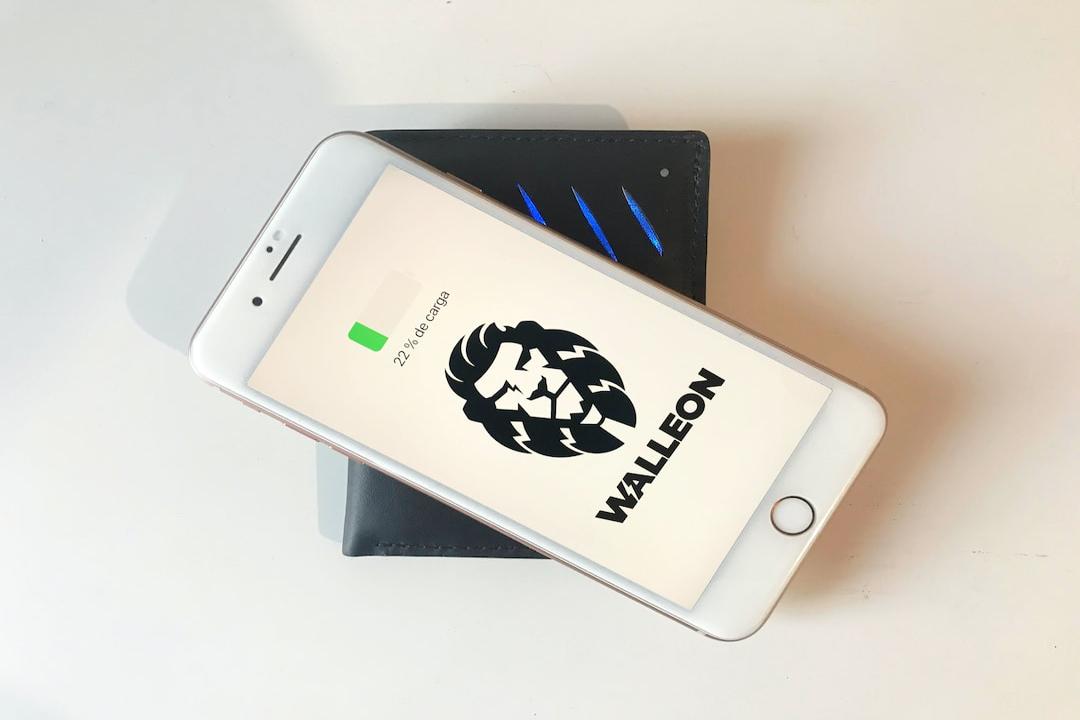Blockchain technology is revolutionizing the way Know Your Customer (KYC) solutions are implemented, making them more efficient and cost-effective. The global KYC software market is expected to grow at a compound annual growth rate of 20.8% over the next six years, highlighting the increasing importance of KYC solutions in the crypto and financial services industries. However, traditional KYC processes have been burdensome for both users and businesses, leading to a high drop-off rate and significant compliance costs. To tackle these challenges, reusable KYC solutions have emerged as a game-changer.
Reusable KYC solutions allow users to leverage their past verifications instead of going through the process multiple times across different platforms. For instance, Trinsic, a digital identity startup, has launched an “identity acceptance network” that enables businesses to verify users more quickly and reduce fraud. By partnering with businesses like CLEAR, Trinsic streamlines the KYC process, routing users to existing verifications if they have already been verified by another business in the network.
Blockchain technology plays a crucial role in enabling reusable KYC solutions. By storing users’ credentials on the blockchain, platforms like Dentity and Chia Network ensure that users have control over their personal information and data. Dentity stores decentralized identifiers (DIDs) on-chain to verify the authenticity of issuers, while Chia’s verifiable credentials (VCs) allow users to custody their own VC and decide who can access it, minimizing the risk of data exposure.
Storing data on the blockchain also addresses concerns about criminals exploiting automated KYC checks. Deloitte Switzerland has started issuing reusable KYC credentials anchored on the KILT Protocol, ensuring that no personal information is stored on-chain. Users can establish a digital self-sovereign identity and share the minimum necessary data with service providers, enhancing data privacy and security.
Despite the benefits of reusable KYC solutions on the blockchain, challenges remain. Encouraging widespread adoption among users and service providers is a major hurdle, requiring collaboration and interoperability. Ensuring privacy and data security is another challenge, but advanced encryption techniques like Zero-Knowledge Proofs and Secure Multi-Party Computation can protect user data. Standardized identity formats and decentralized storage networks also contribute to consistency, interoperability, and data availability.
As the demand for KYC solutions continues to grow, blockchain technology will play a pivotal role in enabling reusable KYC solutions that are efficient, secure, and privacy-preserving.


